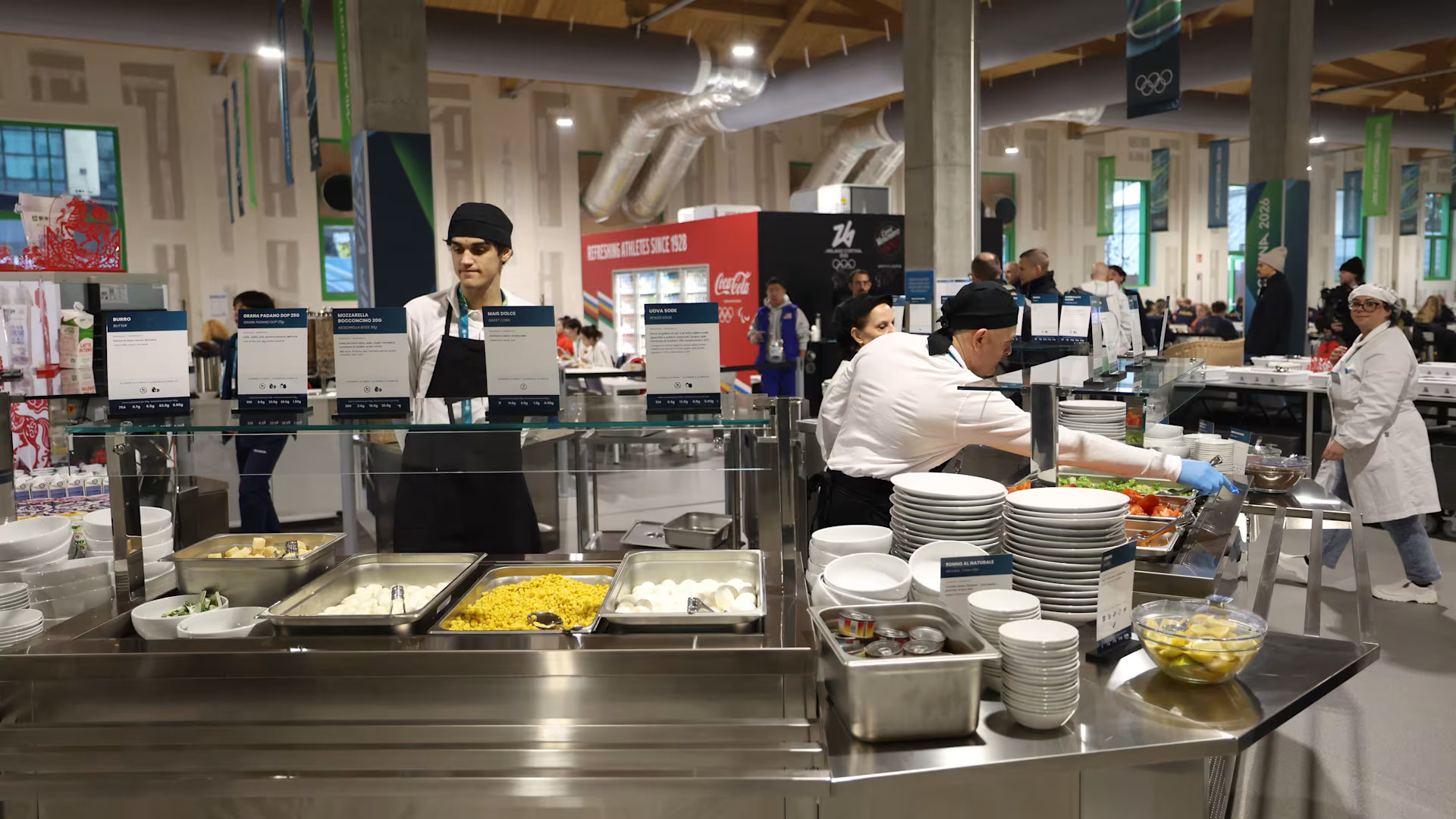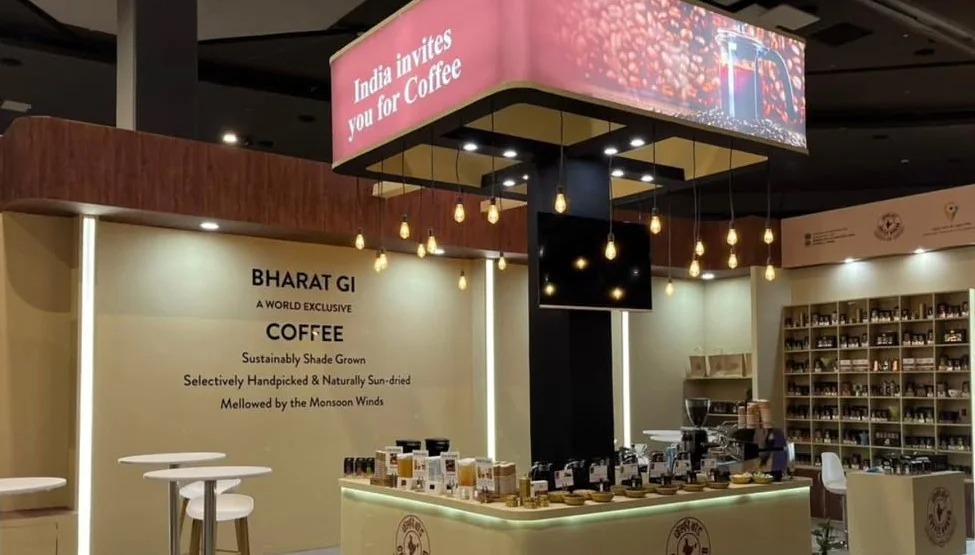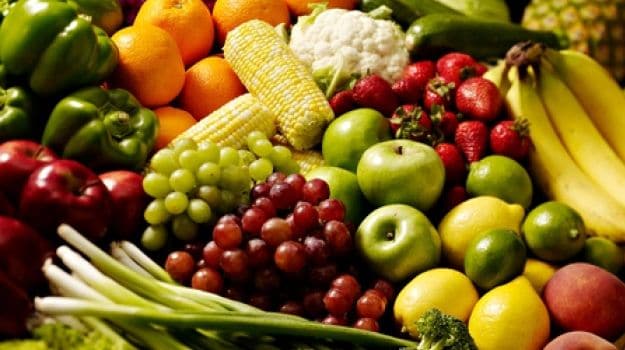All the 42 mega food parks approved by the government will become operational by 2019,
which will yield a potential investment of about Rs 14,000 crore, Union Food Processing Minister Harsimrat Kaur Badal said. "I want these 42 mega food parks to become operational by 2019 and we are working on the same as this will benefit about 12.5 lakh farmers. At the same time, these parks are expected to generate about 3-4 lakh jobs also," Badal noted.(Reducing Consumer Food Waste Could Save $300 Billion Yearly by 2030)Under the scheme (2008-09) of mega food parks, the Ministry had sanctioned 42 projects throughout the country. Of these, 17 parks were allotted in March this year to state governments and private firms, including Adani Ports & SEZ. A mega food park offers various facilities to food processors, farmers, retailers and exporters, helping achieve faster growth for food processing industries. Badal added that it's estimated that these food parks would entail an investment of more than Rs 14,000 crore, including the Rs 50 crore subsidy the government provides for each park.
(PM Modi's Mega Food Parks to Help Curb Food Wastage)She said three mega food parks became operational after she assumed office whereas "only two started in the previous government's complete tenure". "My focus is on perishables, especially fruits and vegetables, as their processing in the country is as low as two per cent. I am optimistic that in the next four years, it will improve substantially, benefiting all stakeholders, including farmers, consumers and the industry," Badal added.The Mega Food Park Scheme, based on the cluster approach, is modelled on hub-and-spoke architecture, which follows principles from the spoke-hub distribution paradigm. It aims at facilitating the establishment of a strong food processing industry backed by an efficient supply chain, which includes collection centres, a central processing centre (CPC) and cold chain infrastructure.(Food Waste Is Becoming A Serious Economic and Environmental Issue)The scheme envisages one-time capital grant of 50 per cent of the project cost excluding land cost subject to a maximum of Rs 50 crore in general areas, and 75 per cent of the project cost, excluding land cost too, subject to a ceiling of Rs 50 crore in difficult and hilly areas, including the North-East and J&K.
which will yield a potential investment of about Rs 14,000 crore, Union Food Processing Minister Harsimrat Kaur Badal said. "I want these 42 mega food parks to become operational by 2019 and we are working on the same as this will benefit about 12.5 lakh farmers. At the same time, these parks are expected to generate about 3-4 lakh jobs also," Badal noted.(Reducing Consumer Food Waste Could Save $300 Billion Yearly by 2030)Under the scheme (2008-09) of mega food parks, the Ministry had sanctioned 42 projects throughout the country. Of these, 17 parks were allotted in March this year to state governments and private firms, including Adani Ports & SEZ. A mega food park offers various facilities to food processors, farmers, retailers and exporters, helping achieve faster growth for food processing industries. Badal added that it's estimated that these food parks would entail an investment of more than Rs 14,000 crore, including the Rs 50 crore subsidy the government provides for each park.
(PM Modi's Mega Food Parks to Help Curb Food Wastage)She said three mega food parks became operational after she assumed office whereas "only two started in the previous government's complete tenure". "My focus is on perishables, especially fruits and vegetables, as their processing in the country is as low as two per cent. I am optimistic that in the next four years, it will improve substantially, benefiting all stakeholders, including farmers, consumers and the industry," Badal added.The Mega Food Park Scheme, based on the cluster approach, is modelled on hub-and-spoke architecture, which follows principles from the spoke-hub distribution paradigm. It aims at facilitating the establishment of a strong food processing industry backed by an efficient supply chain, which includes collection centres, a central processing centre (CPC) and cold chain infrastructure.(Food Waste Is Becoming A Serious Economic and Environmental Issue)The scheme envisages one-time capital grant of 50 per cent of the project cost excluding land cost subject to a maximum of Rs 50 crore in general areas, and 75 per cent of the project cost, excluding land cost too, subject to a ceiling of Rs 50 crore in difficult and hilly areas, including the North-East and J&K.
Advertisement










